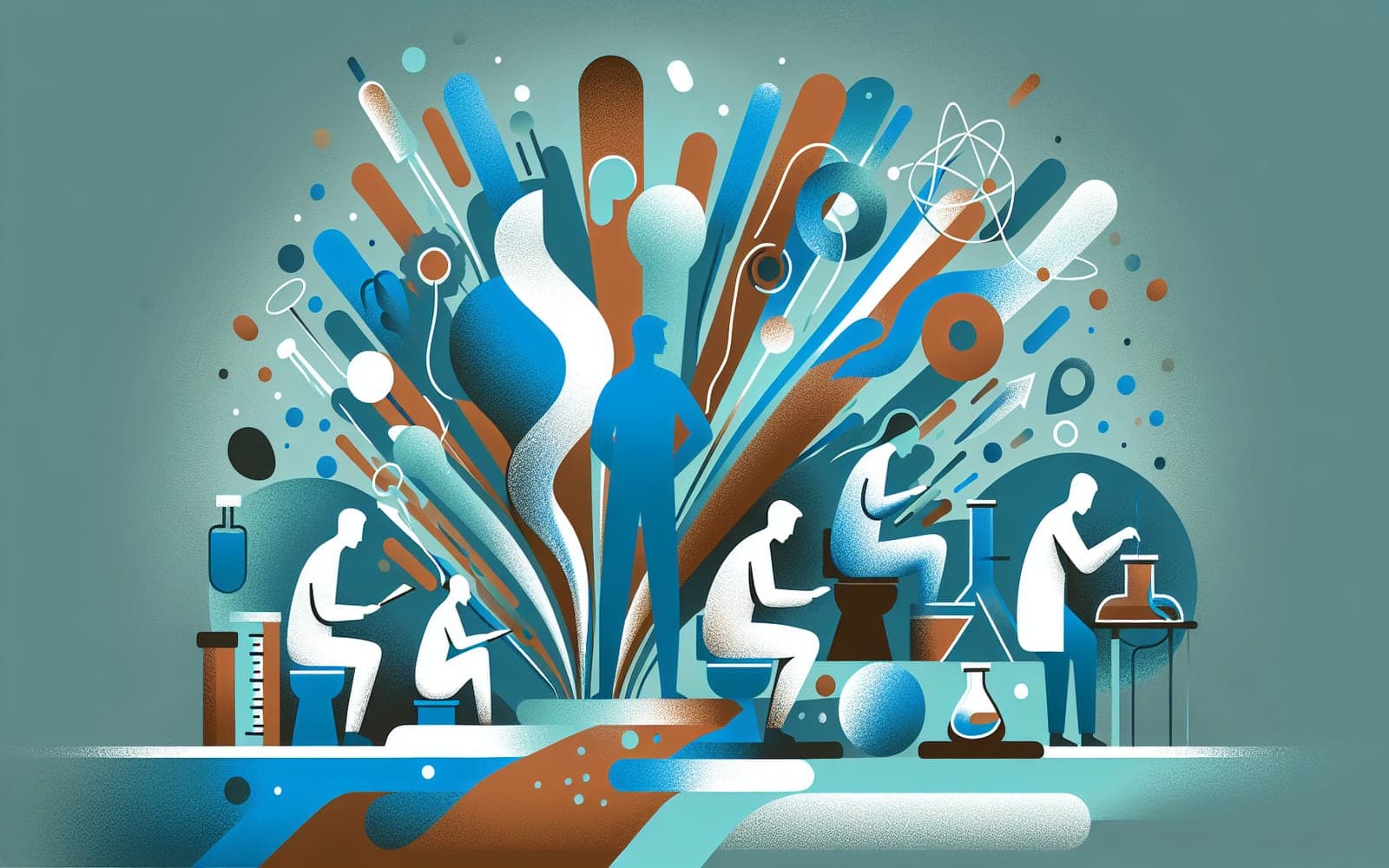The Latest Research on Fecal Incontinence Treatments
Published: Dec 01, 2023

Medically reviewed by Benjamin Seth Martinez | MD, Statpearls - Director of Clinical Content on December 1st, 2023.
Stay updated with the latest research findings on treating fecal incontinence. Discover what's making waves in medical studies.
Contents
Comparative Studies on Therapies
Recent studies have compared different therapies for fecal incontinence, highlighting the effectiveness of treatments like loperamide and biofeedback. These studies provide insights into which treatments are most beneficial, helping guide patient choices and clinical recommendations.
Innovative Approaches Under Study
Researchers are exploring new treatments, such as stem cell therapy and posterior tibial nerve stimulation. While these are still in experimental stages, early results show promise, offering hope for future advancements in managing fecal incontinence.

Efficacy of Sacral Nerve Stimulation
Sacral nerve stimulation continues to be a focus of research due to its success in improving continence. Studies have shown significant reduction in incontinence episodes, with many patients achieving complete continence, though long-term efficacy and patient selection criteria are ongoing research topics.
Frequently Asked Questions
Studies suggest loperamide and biofeedback are highly effective.
Stem cell therapy and tibial nerve stimulation show promise.
Yes, many achieve significant improvement in continence.
Most are experimental and not yet widely available.
Key Takeaways
Ongoing research promises new hope for those with fecal incontinence.
Keep up with the latest studies by consulting Doctronic for updates.Related Articles
References
Jelovsek JE, Markland AD, Whitehead WE, et al. Controlling faecal incontinence in women by performing anal exercises with biofeedback or loperamide: a randomised clinical trial. Lancet Gastroenterol Hepatol 2019; 4:698.
This article has been reviewed for accuracy by one of the licensed medical doctors working for Doctronic. Always discuss health information with your healthcare provider.

